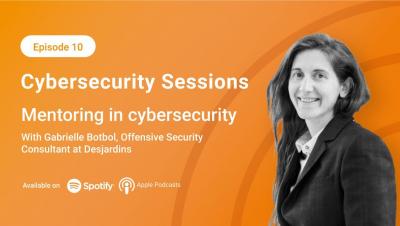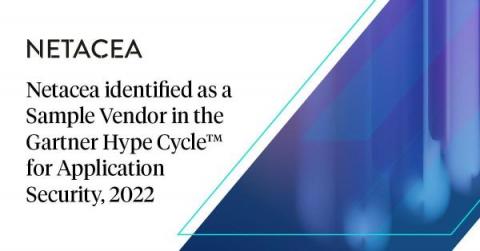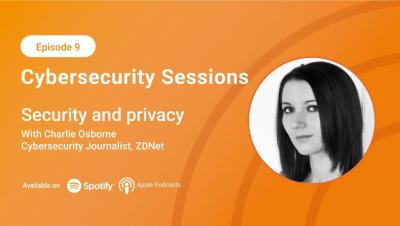ReCAPTCHA 101: Is it the best way to block bots in 2022?
Bots now make up more than 43% of all internet traffic. It’s a growing problem — there are now almost twice as many bad bots as good bots. That’s why site administrators use programs like reCAPTCHA to block bots from accessing their websites, apps, and APIs. Bots aren’t a new problem. Back in 1950, Alan Turing created the Turing Test: a game designed to test a program’s ability to pass as a human.











